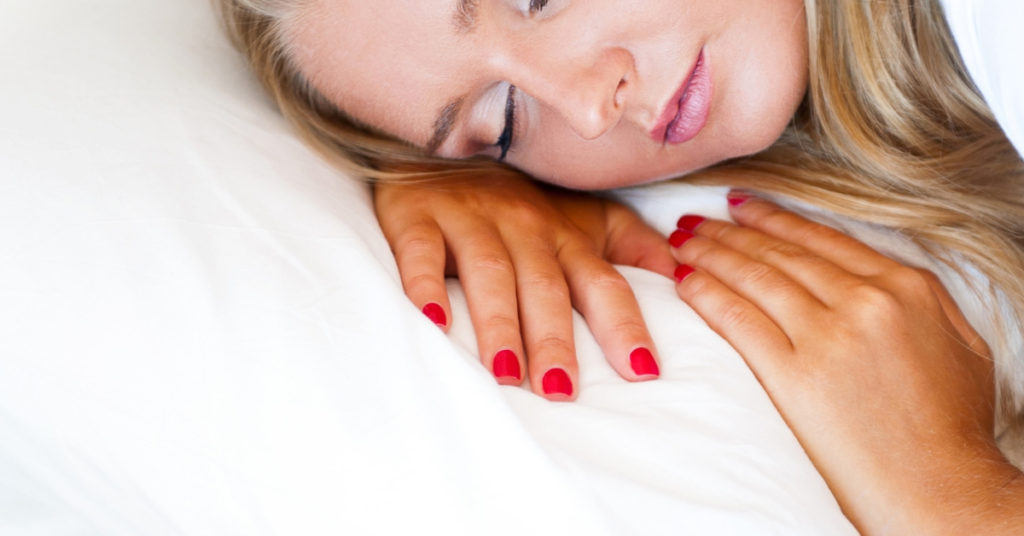The next time you visit your dentist, don’t be surprised if he or she asks how you are sleeping. Why? Because if you’re struggling to get a good night’s sleep, your oral health may help explain why.
If you’re struggling with snoring and sleeplessness, you might have sleep apnea, a sleep disorder marked by repeated stops and starts in breathing. Dentists often can provide the first diagnosis of sleep disorders because they are so closely tied to your oral health.
According to the National Sleep Foundation, about 18 million Americans suffer from sleep apnea. The condition causes repeated breathing interruptions during sleep, and these can last from a few seconds to minutes and may occur 30 or more times an hour. These pauses can be caused by several things. For example, the muscles in the back of your throat may be flaccid, your tongue may be too large, or your jaw may be too small, and these issues can cause airway obstructions, WebMD said.
You can’t easily see any of those things, but you are likely to feel or see signs that you grind your teeth. The National Sleep Foundation says almost one in four people with sleep apnea also grind their teeth at night. So one of the biggest warning signs that you may have sleep apnea is bruxism, or teeth grinding. And that’s where your dentist comes in. Dentists easily can see the telltale signs: worn-down tooth surfaces, breakage, inflamed and receding gums, and even a spike in cavities because the force of grinding damages teeth and makes them more susceptible to bacteria that causes cavities. If your dentist finds a lot of decay, grinding and sleep apnea could be tag-teaming to give your oral health a one-two punch.
Other common signs of sleep apnea include chronic snoring, feeling drowsy during the day, waking with a dry mouth or sore throat and suffering from headaches in the morning. Sleep apnea is linked to a higher risk of high blood pressure, heart disease, diabetes and obesity.
Only a medical doctor can officially diagnose sleep disorders, but if you are suffering from the symptoms and your dentist suspects you may have the disorder, he may suggest a sleep study as well as a visit to your medical doctor.
You can talk to your dentist about wearing an over-the-counter mouth guard at night to help protect your teeth. A mouth guard won’t fix the problem by itself, but it can reduce grinding and the tooth damage, headaches and jaw pain that may come with it. It also can help fight sleep apnea by increasing the size of the airway, which reduces air resistance in the upper airway. Mouth guards also can prevent snoring by lessening turbulence in your airway.
If you’re experiencing signs of sleep apnea or bruxism, talk to your dentist. And then visit www.sleepright.com to learn more about how a mouth guard can help you.



